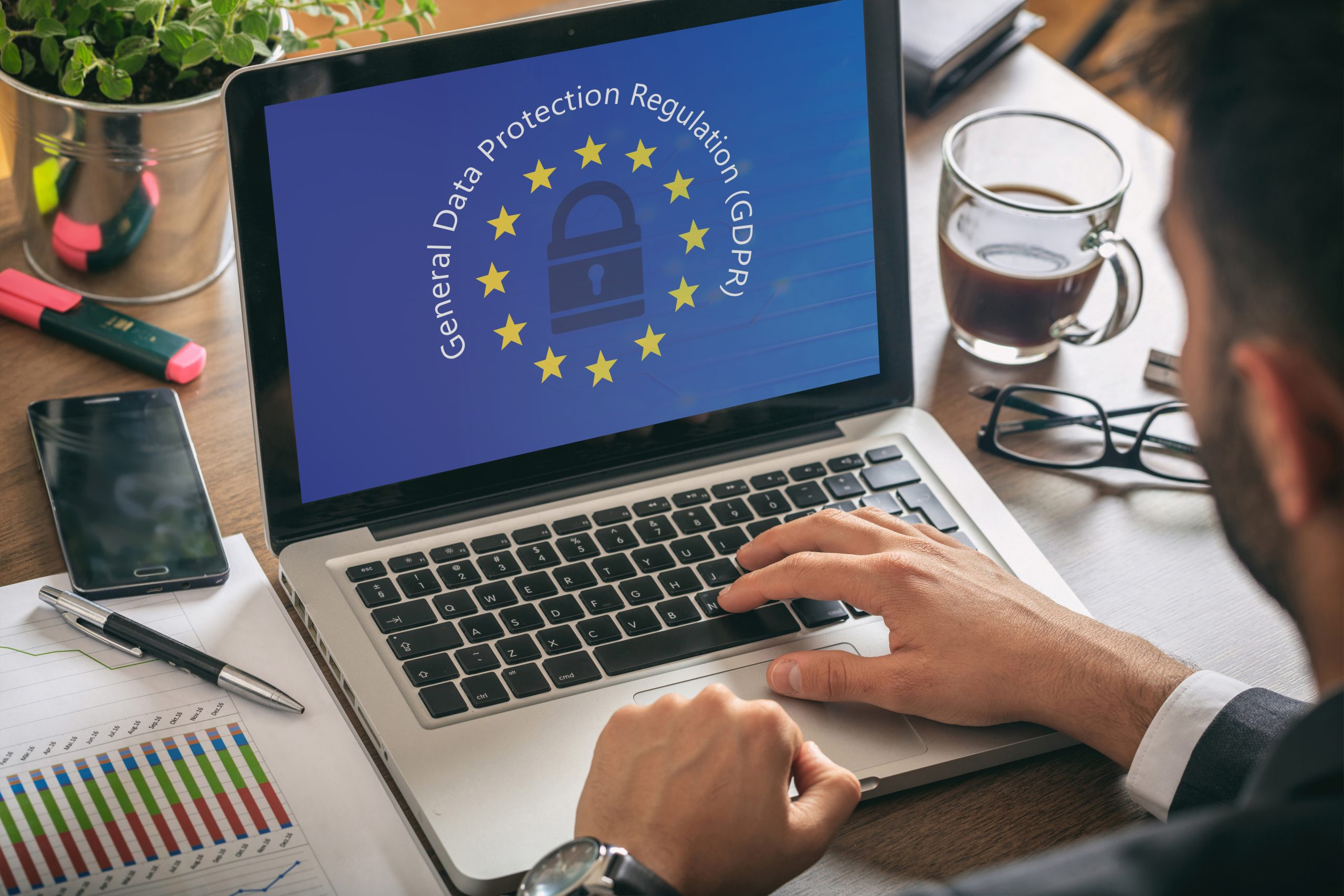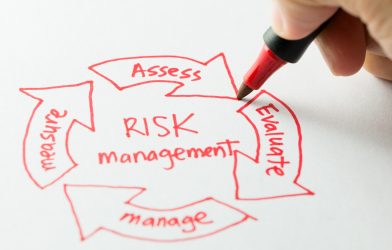In today’s digital world, safeguarding personal data is crucial. The General Data Protection Regulation (GDPR) is a landmark data protection law from the European Union (EU) designed to address this need. Effective May 25, 2018, GDPR gives individuals control over their data and sets clear business guidelines.
What is GDPR?
GDPR, or the General Data Protection Regulation, is a legal framework that governs the collection and processing of personal data from individuals in the EU. This regulation applies to any business handling EU citizens’ data, regardless of its location.
Key Principles of GDPR
GDPR is based on several core principles to ensure data protection:
- Lawfulness, Fairness, and Transparency: Data must be handled legally and transparently.
- Purpose Limitation: Collect data only for specific, legitimate purposes.
- Data Minimization: Only gather data that is necessary.
- Accuracy: Keep personal data accurate and up to date.
- Storage Limitation: Do not store data longer than needed.
- Integrity and Confidentiality: Ensure data is secure.
- Accountability: Demonstrating GDPR compliance.
GDPR has made “cookie consent” notices and options a common sight on websites, empowering users to decide how their data is used.
Your Rights Under GDPR
GDPR provides individuals with several rights, giving them more control over their data:
- Right to Access: Request access to your data and learn how it’s used.
- Right to Rectification: Correct inaccurate or incomplete data.
- Right to Erasure: Request deletion of your data.
- Right to Restrict Processing: Limit how your data is used.
- Right to Data Portability: Transfer your data to another service.
- Right to Object: Object to data processing for marketing or research.
Under GDPR, companies must report data breaches within 72 hours of becoming aware of them, a measure that encourages quick response and transparency.

How GDPR Impacts Businesses
GDPR affects how businesses manage personal data. Companies must implement strong data protection measures, conduct regular assessments, and document data processing activities. Some businesses may need to appoint a Data Protection Officer (DPO) to ensure compliance.
Non-compliance with GDPR can lead to significant fines—up to 4% of annual global turnover or €20 million, whichever is higher. These penalties highlight the importance of following GDPR guidelines.
GDPR marks a major shift in data privacy, emphasizing individual rights and data protection. For businesses, understanding and complying with GDPR is essential to building trust and avoiding penalties.














